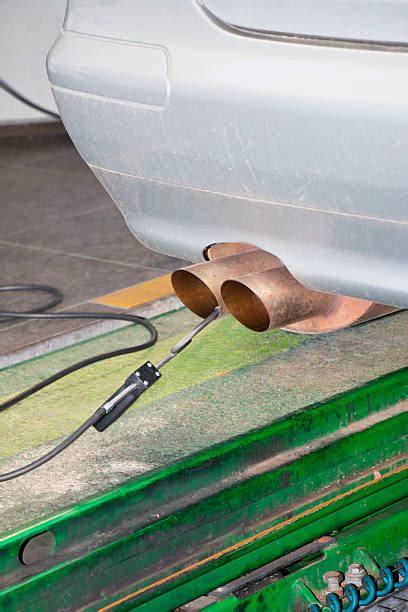In Montréal, the law is explicit: drivers may not leave their vehicle’s engine running while stationary. The rule, enforced across all 19 boroughs, limits idling strictly to reduce greenhouse gas emissions and improve urban air quality.
A gasoline-powered vehicle may idle for up to three minutes within any 60-minute period. Heavy diesel vehicles enjoy slightly longer leeway—allowed to idle for five minutes in the same timeframe, or even ten minutes if the outdoor temperature falls below zero degrees Celsius.
Notably, the borough that includes Park Extension (officially Villeray–Saint‑Michel–Parc‑Extension) applies a stricter standard for heavy diesel vehicles: maximum idling of just three minutes per hour, regardless of temperature.
Certain exceptions are allowed, especially in cold conditions. Any vehicle may idle when the temperature is under –10 °C if the engine is needed to heat the cabin while someone is inside, or if defrosting is required to ensure safe operation. Additional exemptions apply broadly in Montréal—for example, to emergency vehicles, taxis when carrying a passenger, refrigerated trucks, vehicles stuck in traffic, armoured vehicles, electric/hybrid vehicles, and heavy vehicles undergoing engine check.
However, specific information on fines or enforcement procedures in Montréal—such as dollar amounts—is not provided in the official municipal page and therefore remains unverified in this context.
Why this matters for Park Extension
Residents of Park Extension—a densely populated neighbourhood with lively street life and limited green space—feel the impact of idling firsthand. Delivery trucks, taxis, and service vehicles frequent the area, and even short bursts of idling can contribute to the hum of pollution at street level. The borough’s tighter restriction on diesel vehicles recognizes the need for heightened protection in such urban settings.
Moreover, Montréal places enforcement responsibilities on the Service de police de la Ville de Montréal (SPVM), though specifics about penalties are not detailed in public resources.
Looking ahead
As neighbourhoods like Park Extension grapple with air quality and liveability concerns, the anti-idling policy plays a subtle but meaningful role. It underscores Montréal’s broader commitment to cleaner transportation options and encourages behaviours aligned with environmental well-being.




